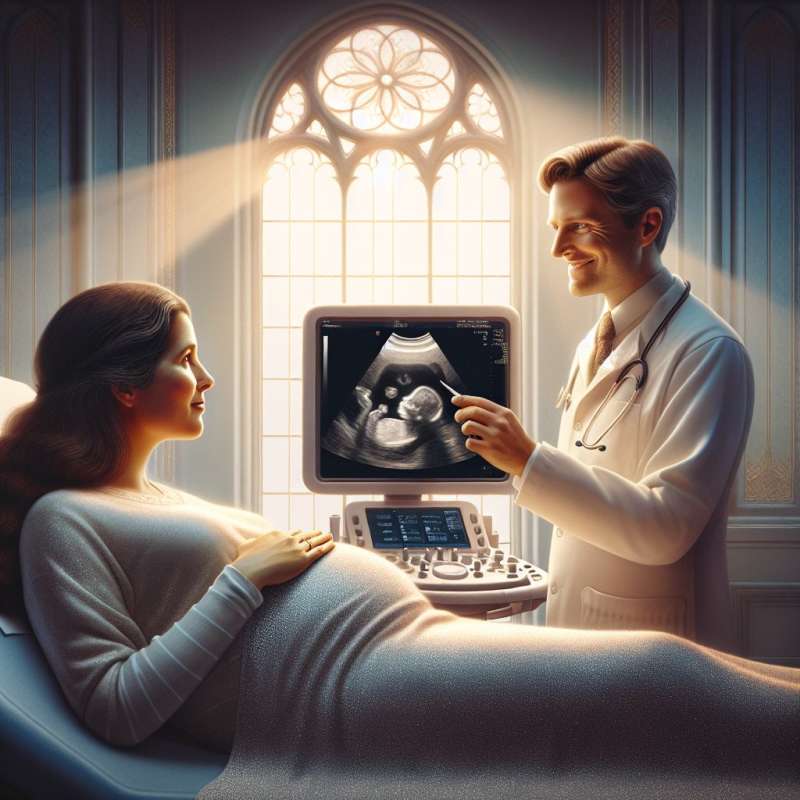
What Are Hiccups?
Hiccups are involuntary contractions of the diaphragm, the muscle that separates your chest from your abdomen. Each contraction is followed by a sudden closure of your vocal cords, producing the characteristic 'hic' sound.
Hiccups Trigger Factors
Common triggers include rapid eating, carbonated beverages, spicy foods, emotional stress or excitement, and sudden temperature changes. These can irritate nerves that control the diaphragm, such as the phrenic or vagus nerves.
The Diaphragm's Role
As the main muscle for breathing, the diaphragm's spasms cause a quick intake of breath that's abruptly halted by the vocal cords, resulting in a hiccup. Consistent rhythm and frequency distinguish hiccups from random twitches.
Nervous System Involvement
Hiccups involve a reflex arc. Signals from the brain to the muscles can be disrupted, causing hiccups. Conditions affecting the brain, such as meningitis or strokes, can also cause chronic hiccups.
Persistent Hiccups Impact
While brief hiccups are harmless, persistent hiccups lasting over 48 hours can indicate a more serious issue, potentially impacting eating, sleeping, and even causing psychological distress.
Fetal Hiccups Phenomenon
Hiccups can occur in the womb, often starting in the second trimester. This could be a mechanism for developing the lungs or a way of training the respiratory muscles in preparation for breathing after birth.
Treating Problematic Hiccups
For chronic hiccups, treatments include medications, acupuncture, hypnosis, and in severe cases, surgical intervention. Breathing into a paper bag or holding one’s breath can sometimes stop acute hiccups.Longest Hiccup Record
The longest recorded case of hiccups lasted 68 years, endured by Charles Osborne from 1922 to 1990.
What produces the 'hic' sound?
Vocal cords closing suddenly
Air leaving the lungs quickly
Diaphragm relaxing slowly
Company